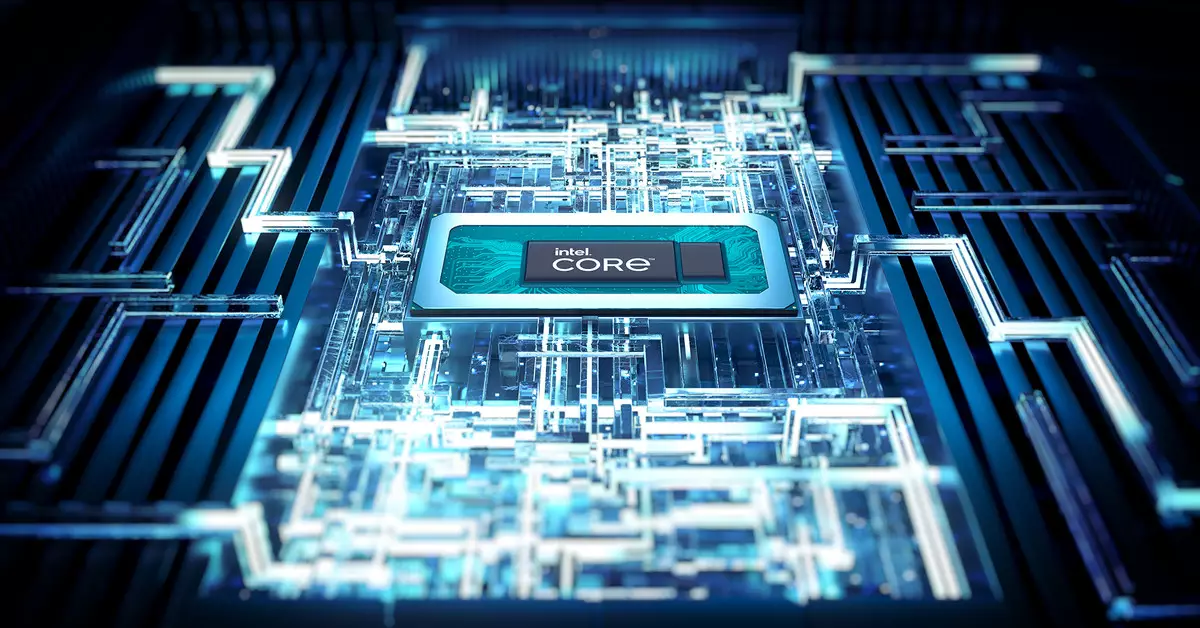Intel’s laptop chips have been under scrutiny for months due to concerns about potential instability issues. However, the latest confirmation from Intel indicates that its 13th and 14th Gen laptop chips do not seem to have any instability problems. The company has stated that these chips are not affected by the issue of too-high voltage, which they are now calling “Vmin Shift Instability.”
While Intel is still investigating the root cause of the instability issues affecting desktop chips, a spokesperson for the company has confirmed that laptop chips are not impacted. Intel maintains that Vmin Shift Instability may not be the only cause of crashes. However, it has been determined that 13th and 14th Gen mobile chips are not affected at all by the instability issue. This confirmation brings a sense of relief to laptop users who were concerned about potential performance issues.
According to Intel, the following products are not affected by the Vmin Shift Instability issue:
– 12th Gen Intel Core desktop and mobile processors
– Intel Core 13th and 14th Gen i5 (non-K) & i3 desktop processors
– Intel Core 13th and 14th Gen mobile processors, including HX-series processors
– Intel Xeon processors, which include server and workstation processors
– Intel Core Ultra (Series 1) processors
While most Intel Core 13th and 14th Gen desktop processors are not impacted by the instability issue, Intel recommends that users continue to follow certain guidelines. Users should ensure that their systems are running the latest BIOS version, which can be checked through Intel’s Compatibility Tool or their motherboard manufacturer’s website. Following the Intel Default Settings recommendations for their processors is also advised to ensure optimal performance.
Intel has reassured users that future chip releases, including those on the Arrow Lake and Lunar Lake architectures, will not be affected by Vmin Shift Instability. The company is committed to ensuring that future product families are protected against this issue, providing users with peace of mind regarding the stability of their systems.
For users who have already experienced permanent damage to their i9, i7, or K-series i5 desktop CPUs, Intel is offering a two-year warranty extension. It is recommended that users contact Intel or their PC builder immediately for a replacement if their CPU is damaged. Most PC makers are honoring the warranty extension, but users are encouraged to reach out if they encounter any issues with the process.
Intel’s confirmation regarding the stability of its laptop chips is a positive development for users concerned about potential issues. With ongoing investigations and updates to BIOS versions, Intel is working to ensure the continued reliability of its products. Users can rest assured that future chip releases will be protected against instability issues, providing a more secure computing experience.


Leave a Reply